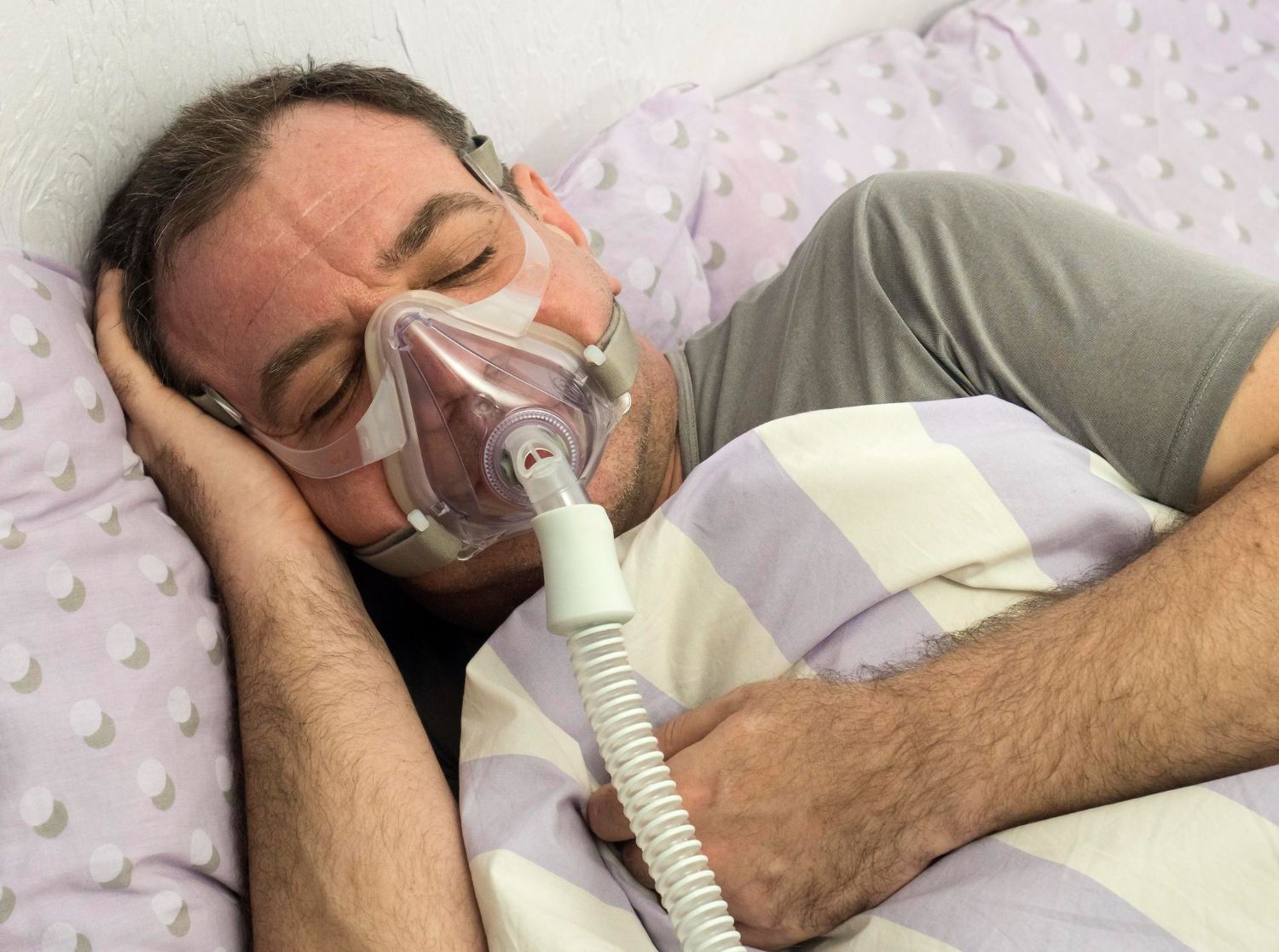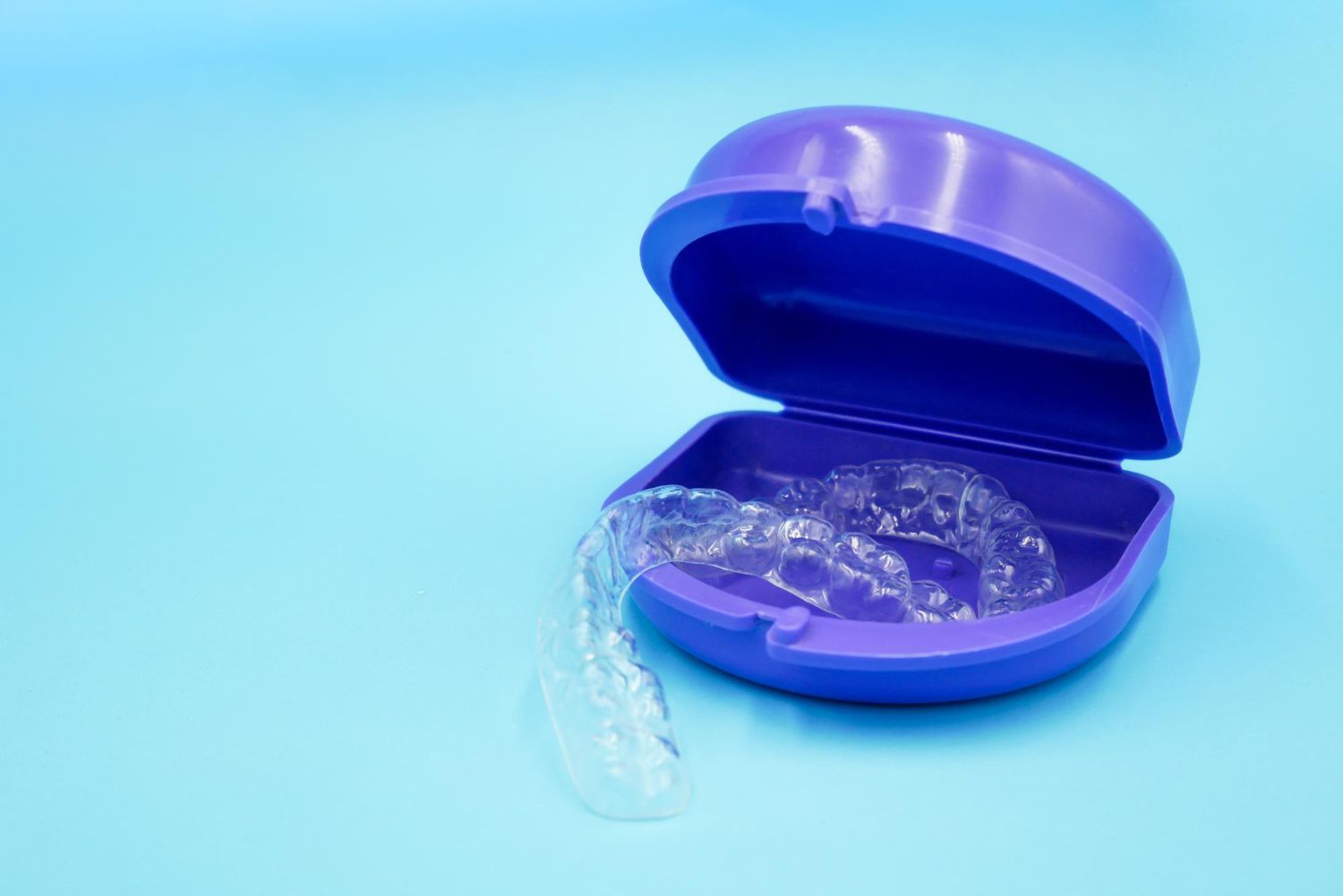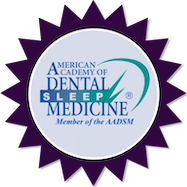Exploring the Connection Between Sleep Apnea and TMJ Disorders

Sleep apnea and TMJ disorders can significantly impact your life, often in ways that aren't immediately obvious. Sleep apnea occurs when breathing stops and starts during sleep, often leading to poor rest and other health problems. On the other hand, TMJ disorders affect the jaw joint, causing pain and difficulty in moving the jaw. Each condition by itself is troublesome, but together, they can create a cycle of discomfort and health challenges.
These issues don't just make it hard to get a good night's sleep. They can also lead to headaches, daytime sleepiness, and problems with concentration. Many people don’t realize how interconnected sleep apnea and TMJ disorders can be and how one might exacerbate the other.
Understanding the link between these two conditions is key to finding effective solutions. With the right approach, managing both sleep apnea and TMJ symptoms can greatly improve daily life. Dr. Fuller's expertise in diagnosing and treating these disorders provides a pathway to better health and well-being.
Understanding Sleep Apnea and TMJ Disorders
Sleep apnea is a condition where breathing repeatedly stops and starts during sleep. This happens because the airway becomes blocked or the brain doesn’t send proper signals to the muscles controlling breathing. Primary symptoms include loud snoring, gasping for air during sleep, and daytime fatigue. These symptoms not only disturb sleep but also affect daily activities.
TMJ disorders affect the temporomandibular joint, which connects the jaw to the skull. Common symptoms include jaw pain, difficulty chewing, and a clicking sound when moving the jaw. These symptoms can lead to headaches and earaches, affecting one's ability to speak or eat comfortably.
Both sleep apnea and TMJ disorders significantly impact overall health. Poor sleep from apnea can lead to memory problems, irritability, and even increased risk of heart disease. TMJ pain can cause constant discomfort, disrupting both work and leisure. Together, they create a complex set of challenges that require careful management to maintain a good quality of life.
Exploring the Connection Between the Two Conditions
The connection between sleep apnea and TMJ disorders is more profound than it seems. When experiencing sleep apnea, the body may attempt to open the airway by adjusting the jaw position. This constant movement can strain the jaw joint, potentially leading to TMJ problems.
Similarly, TMJ disorders might contribute to sleep disturbances. Pain or discomfort in the jaw can make it difficult to find a comfortable sleeping position, leading to lighter, less restful sleep. The stress and tension associated with TMJ pain also affect sleep quality.
Certain factors increase the likelihood of both conditions occurring together:
- Bruxism (teeth grinding) can damage the TMJ and is often associated with sleep apnea.
- Age and gender, as middle-aged males are more prone to sleep apnea, and women may experience TMJ more frequently.
- Obesity contributes to sleep apnea due to increased tissue around the airway, and jaw misalignment may arise as a compensatory mechanism.
Understanding these connections can help in formulating effective management strategies for those experiencing both sleep apnea and TMJ disorders.
Diagnostic Approaches for Effective Management
Getting the right diagnosis is crucial for effectively managing sleep apnea and TMJ disorders. A proper diagnosis helps in understanding the specific needs of each patient and selecting the right treatment approach. Without clear identification of the issues, treatment may be ineffective, leaving symptoms unmanaged.
Dr. Fuller uses a variety of methods to diagnose both sleep apnea and TMJ disorders. For sleep apnea, she conducts thorough assessments of symptoms, possibly involving home sleep tests to evaluate breathing patterns during sleep. TMJ disorders may be identified through physical examinations that assess jaw movement, tenderness, and any clicking or popping sounds.
Comprehensive evaluations by Dr. Fuller are essential for recognizing how these two conditions might overlap. Through detailed analysis, she can determine if sleep apnea is contributing to TMJ issues or vice versa. This insight allows for a cohesive treatment plan that addresses each aspect of the conditions, providing a better chance for relief and improved quality of life.
Effective Treatment Options and Their Benefits
Several treatment options are available for managing sleep apnea and TMJ disorders, with oral appliance therapy being a favored approach. These appliances work by repositioning the jaw and tongue during sleep to keep the airway open. This reduces apnea events and can also alleviate strain on the jaw joint.
Dr. Fuller personalizes each treatment plan, ensuring that it suits the individual needs of her patients. She considers the severity of both sleep apnea and TMJ symptoms to devise a plan that addresses both conditions effectively. This bespoke treatment approach increases the likelihood of positive outcomes and greater patient satisfaction.
Coordinated care, where multiple treatment strategies are integrated, enhances sleep quality and reduces discomfort. Combining oral appliances with lifestyle changes and physical therapy for the jaw can lead to substantial improvements. Patients often experience better sleep and less jaw pain, significantly boosting their overall health and daily functioning.
Conclusion
The connection between sleep apnea and TMJ disorders is intricate, but understanding it can lead to effective solutions. Recognizing the symptoms and seeking an accurate diagnosis are the first steps toward relief. At Fuller Sleep & TMJ Solutions, Dr. Fuller provides comprehensive evaluations and personalized treatment plans that tackle both conditions.
Managing these disorders requires a coordinated approach that might include oral appliance therapy, lifestyle adjustments, and specialized care. These strategies work together to improve sleep quality and reduce pain, ultimately enhancing daily life.
If you're struggling with sleep apnea or TMJ disorder symptoms, the team at Fuller Sleep & TMJ Solutions can offer a path to relief. Let Dr. Fuller craft a treatment plan that meets your specific needs, helping you achieve more restful sleep and a pain-free life. Reach out to our
TMJ doctor in Greensboro, NC, today to begin your journey toward better health and comfort.













